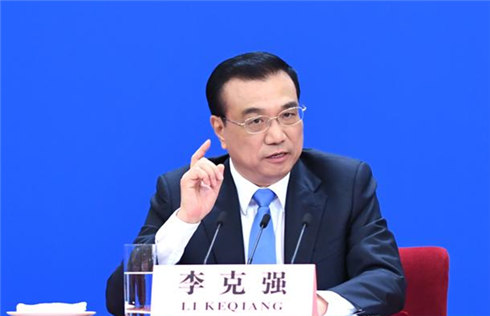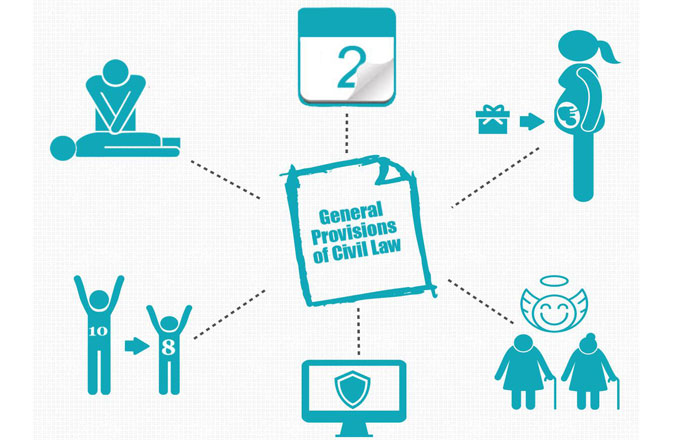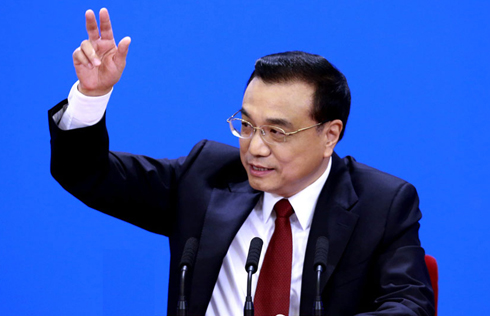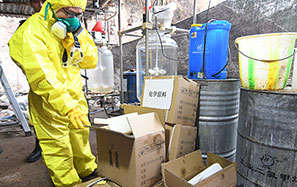China cuts fuel prices amid weaker demand
BEIJING - China's top economic planner announced Wednesday it will lower fuel prices due to declines in global oil prices, a move that will help control inflation levels in the world's second-largest economy.
Retail prices of gasoline will be cut by 395 yuan ($63.32) per tonne and diesel by 400 yuan per tonne starting Thursday, according to a statement by the National Development and Reform Commission (NDRC), the country's top economic planner, on Wednesday.
The benchmark retail price of gasoline will be lowered by 0.29 yuan per liter and diesel by 0.34 yuan per liter.
The fuel price adjustment came after the NDRC introduced a new pricing mechanism in the domestic market to track changes in global oil prices much faster than before.
Price regulators have taken into account changes in the average prices in global markets during the past 10 working days when adjusting the fuel rates, said the NDRC.
Chen Qing, a resources analyst with energy consulting website chem99.com, said fuel prices will drop by about 6 percent after the adjustment and will drag down the Consumer Price Index (CPI) by 0.012 percentage point.
She expected the lower gasoline and diesel prices to reduce about 3.1 percent in costs for the transport industry and 2.15 percent for the logistics sector.
Fuel prices have been strictly regulated in China as policymakers are very concerned about its impact on inflation in the world's most populous nation.
The slashes in fuel prices also followed a lower-than-expected inflation reading in March.
The National Bureau of Statistics said the CPI rose 2.1 percent year on year in last month, well below the 10-month-high of 3.2 percent in February and below the 2.4 percent CPI reading forecast by analysts
As part of government efforts to push market-oriented pricing for energy resources, the NDRC announced last month it would shorten the fuel price adjustment cycle to 10 working days from 22 working days to better reflect changes in global oil markets.
Domestic fuel prices will not be changed if global oil price changes are less than 50 yuan per tonne, according to the new pricing regime.
The regime has also scrapped the 4-percent floating band for oil price changes and adjusts the varieties of crude used to calculate the price changes for domestic oil products.
Previously, domestic fuel prices would be adjusted when prices for Brent, Dubai and Cinta crude oil changed by more than 4 percent over 22 working days.
Lin Boqiang, director of the China Center for Energy Economic Research at Xiamen University, said China's domestic fuel prices have come closer to international levels due to the shorter period of adjustment.
Lin said the freefall of gold prices has helped drive down commodity prices, with weak demand for oil both in the United States and China, the world's two largest oil consumers.
Lin projected global oil demand to remain weak in the first half of this year, thus fuel prices will also be trending downwards.



















